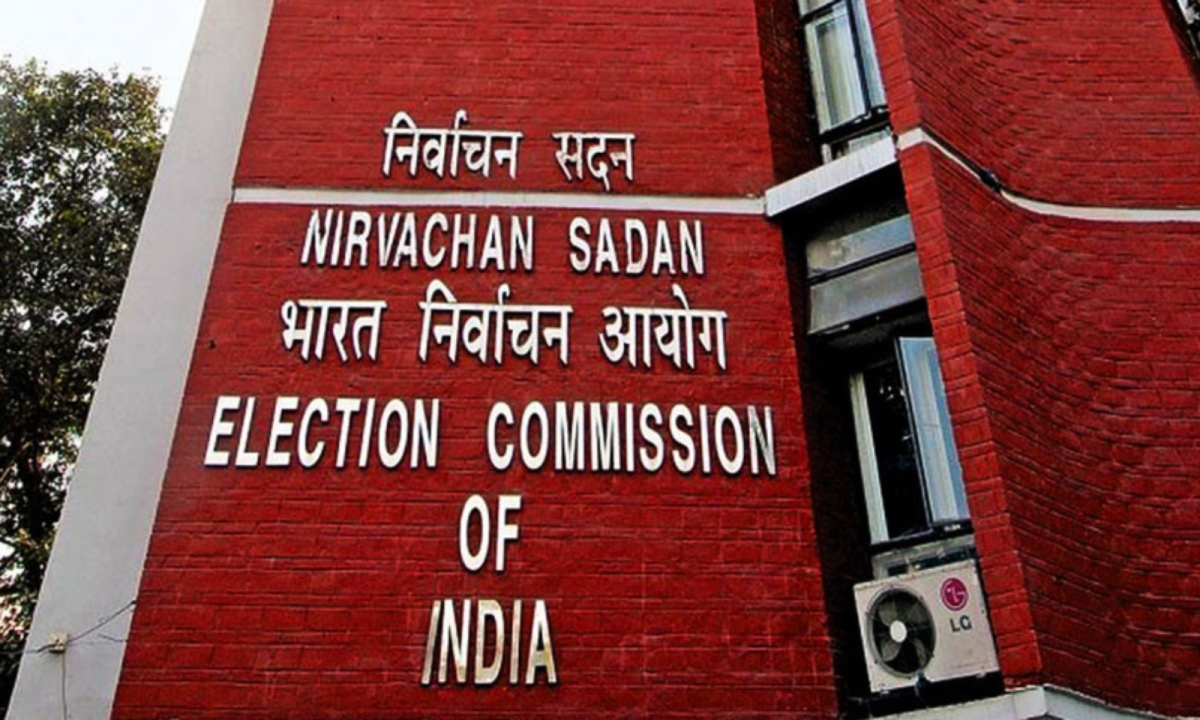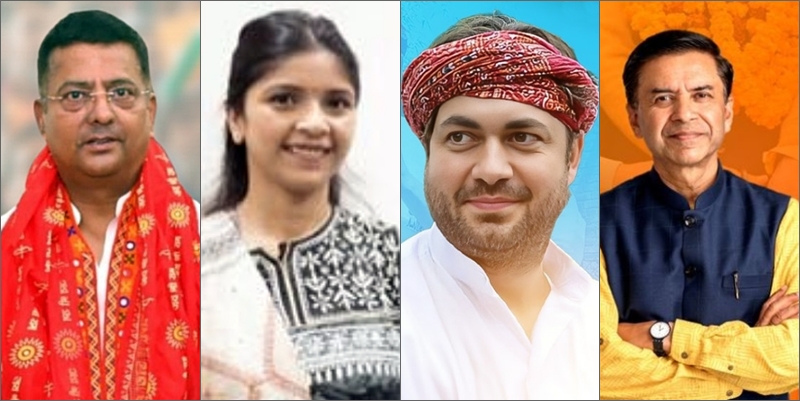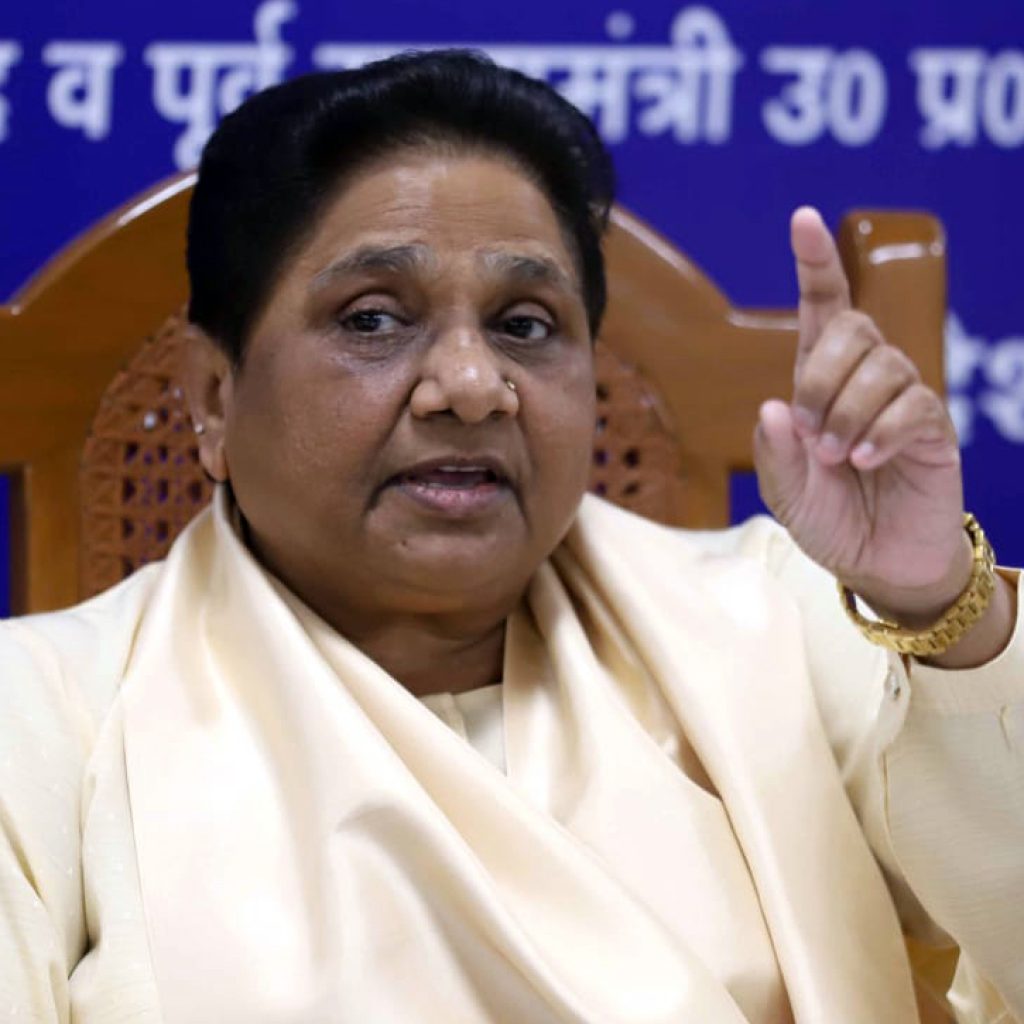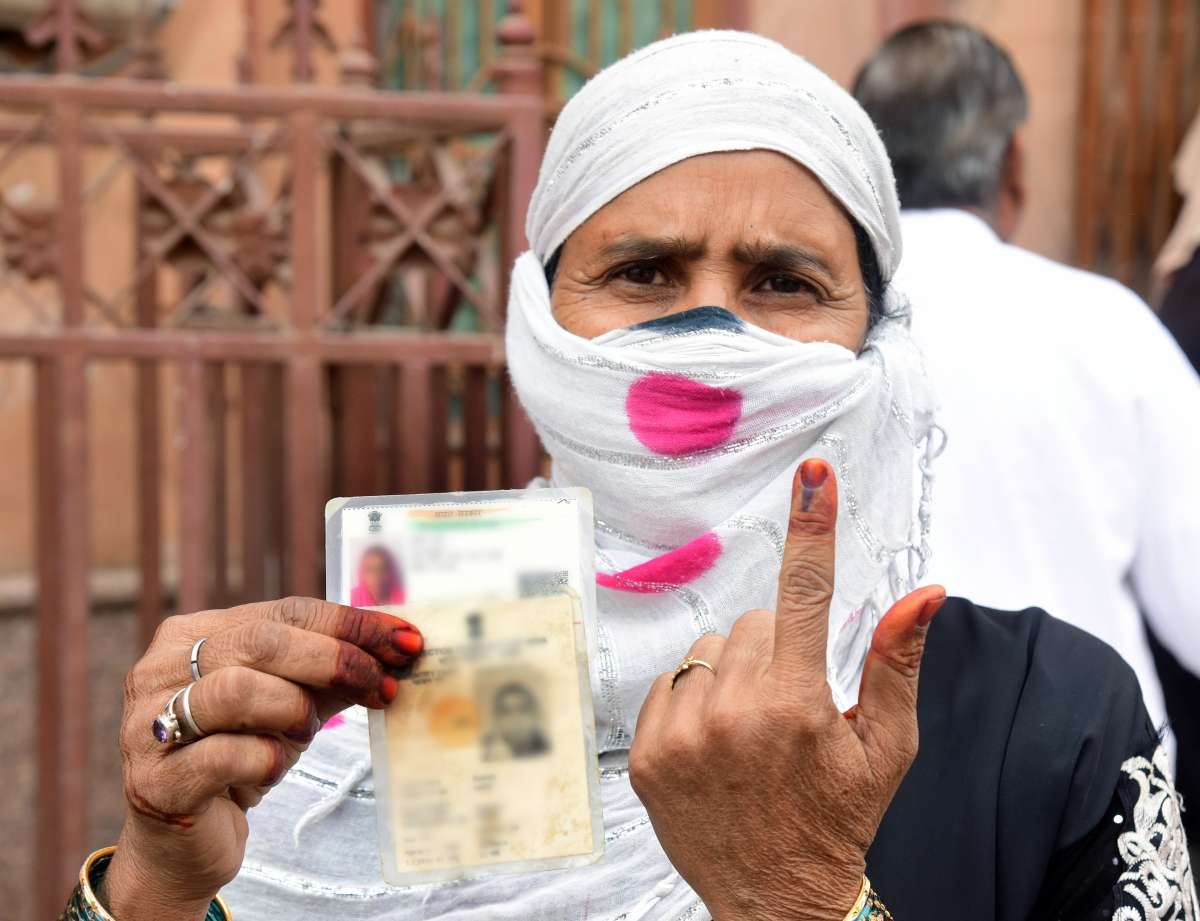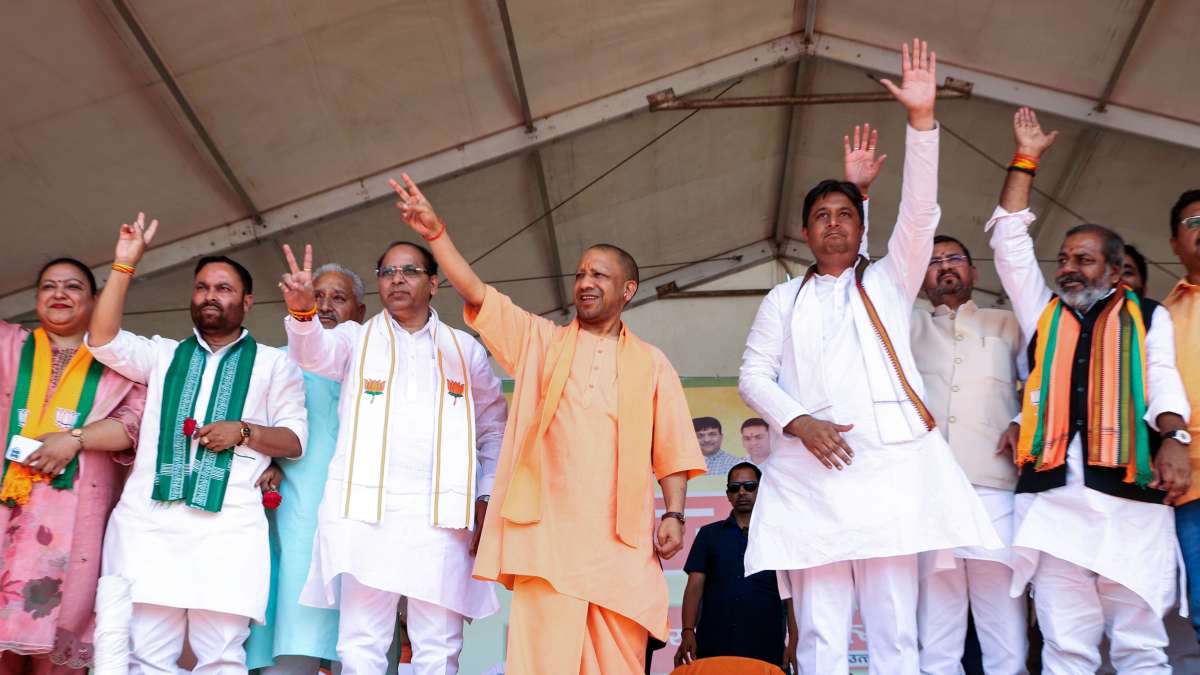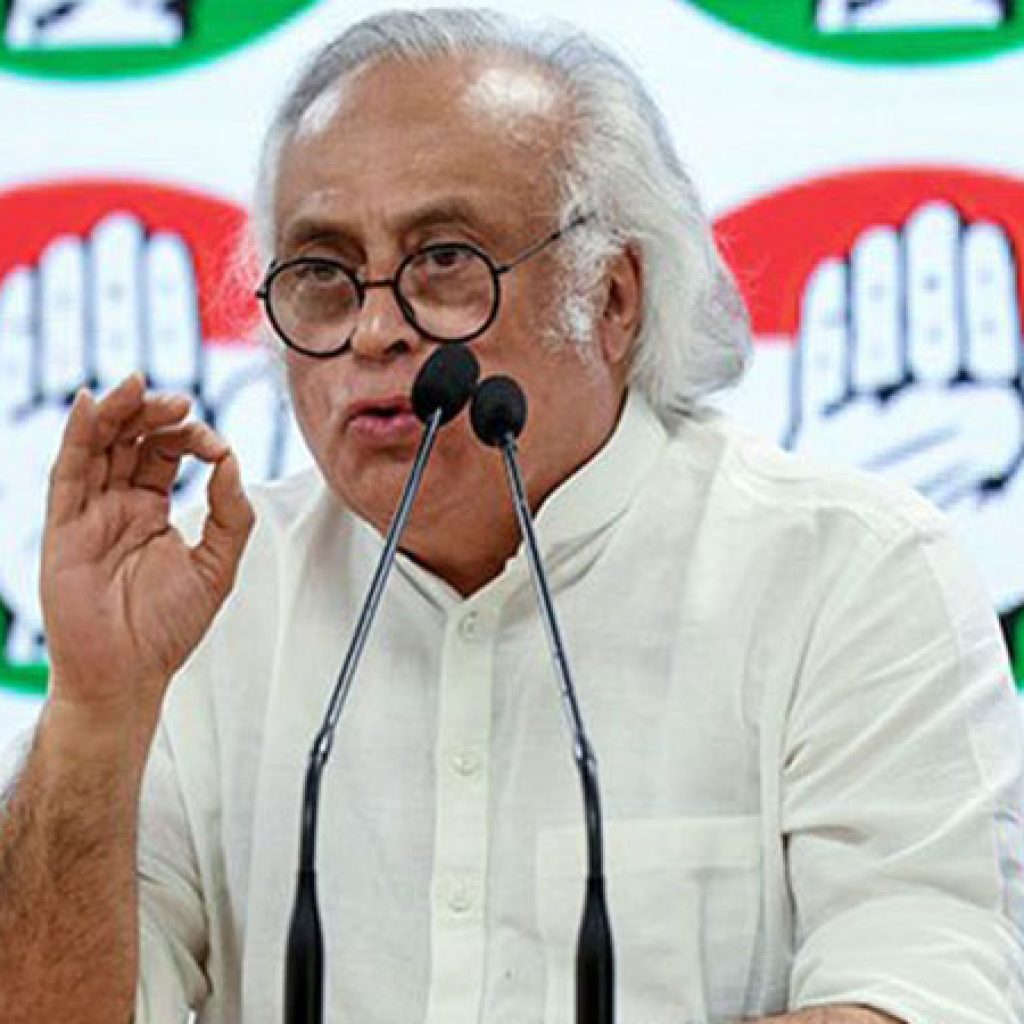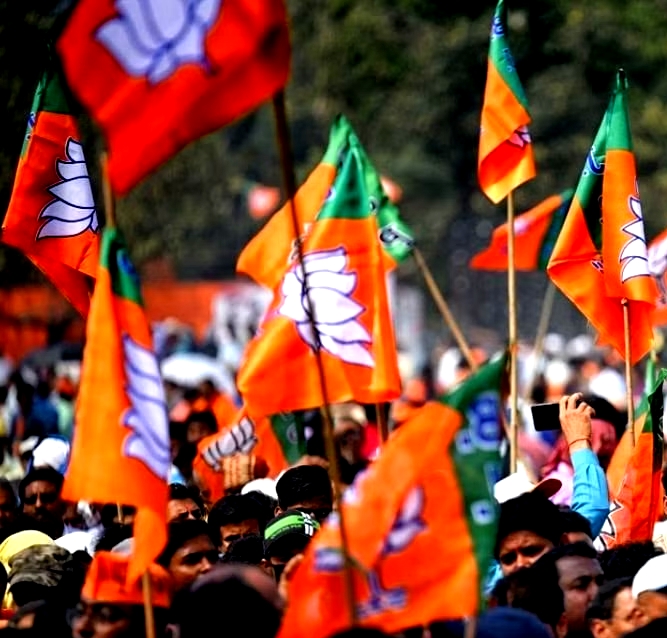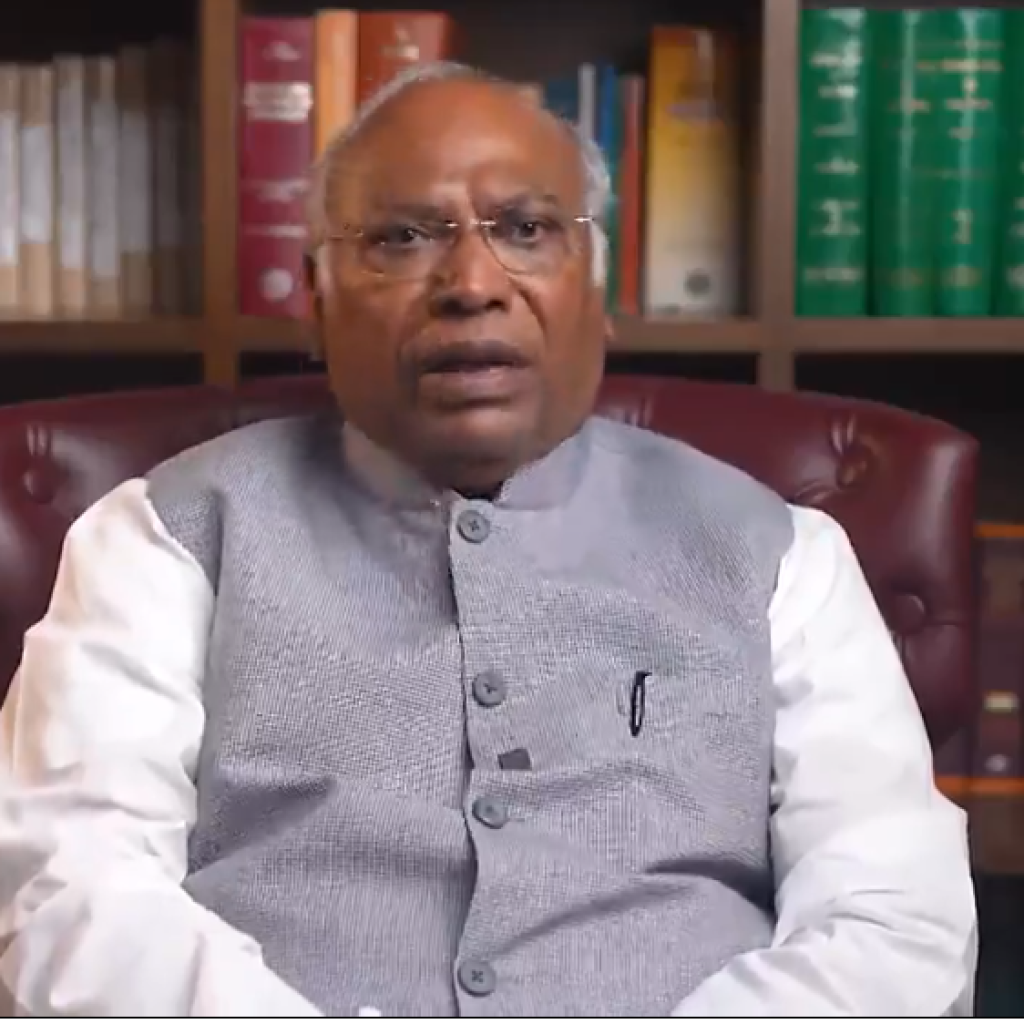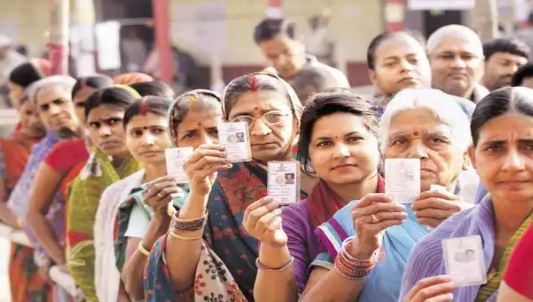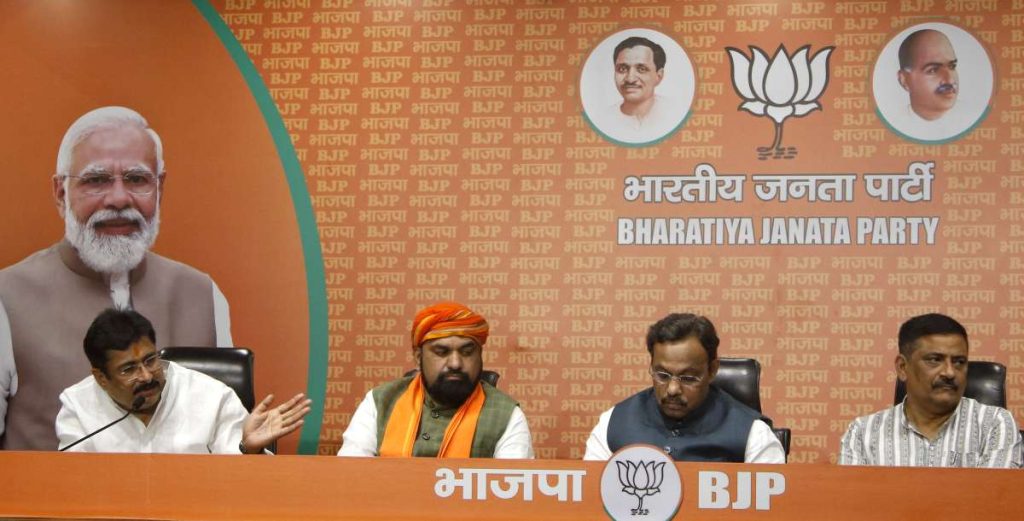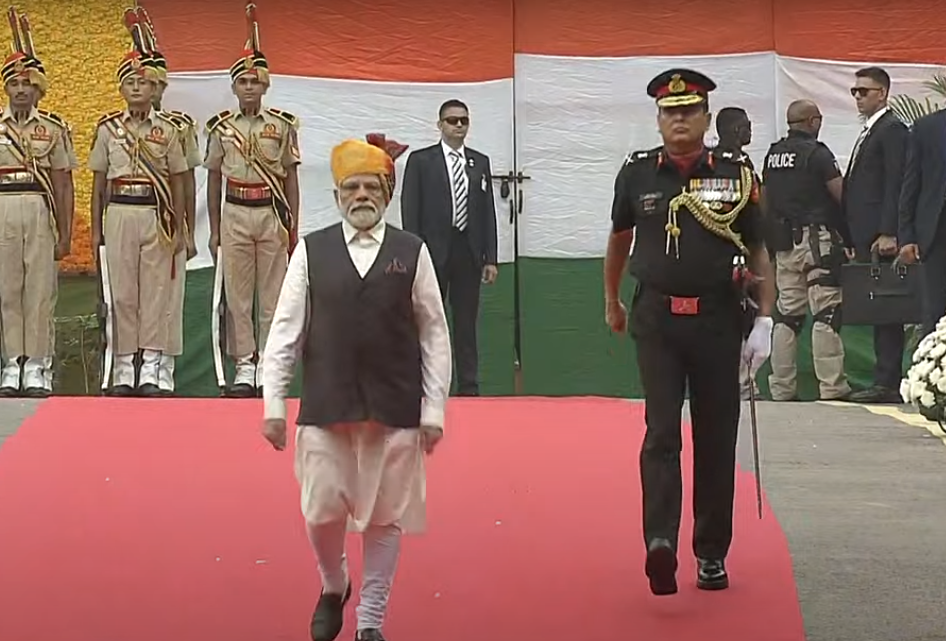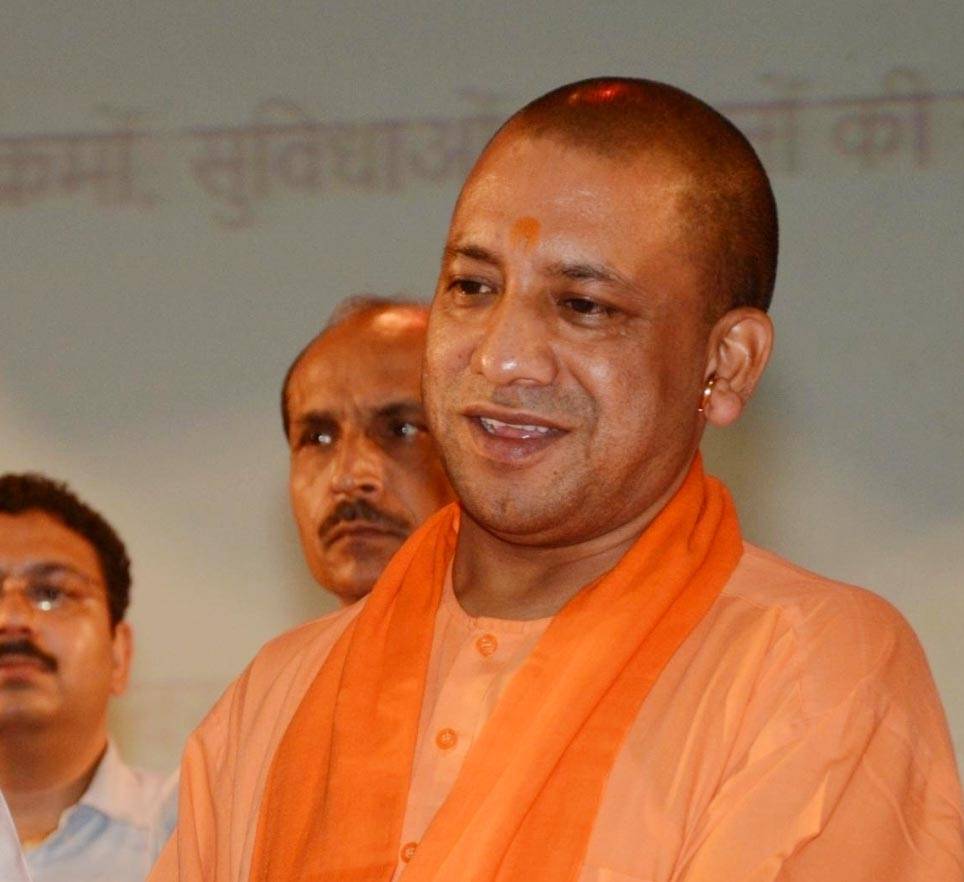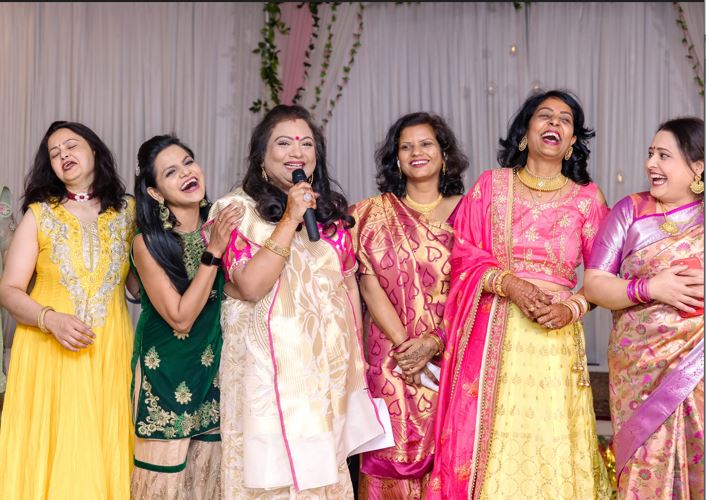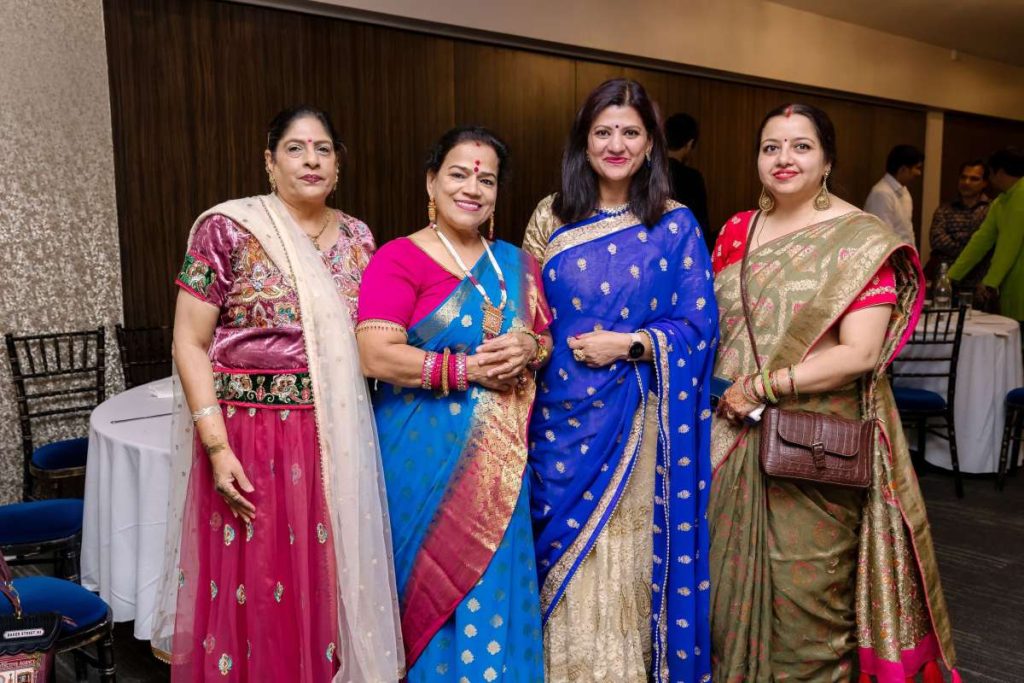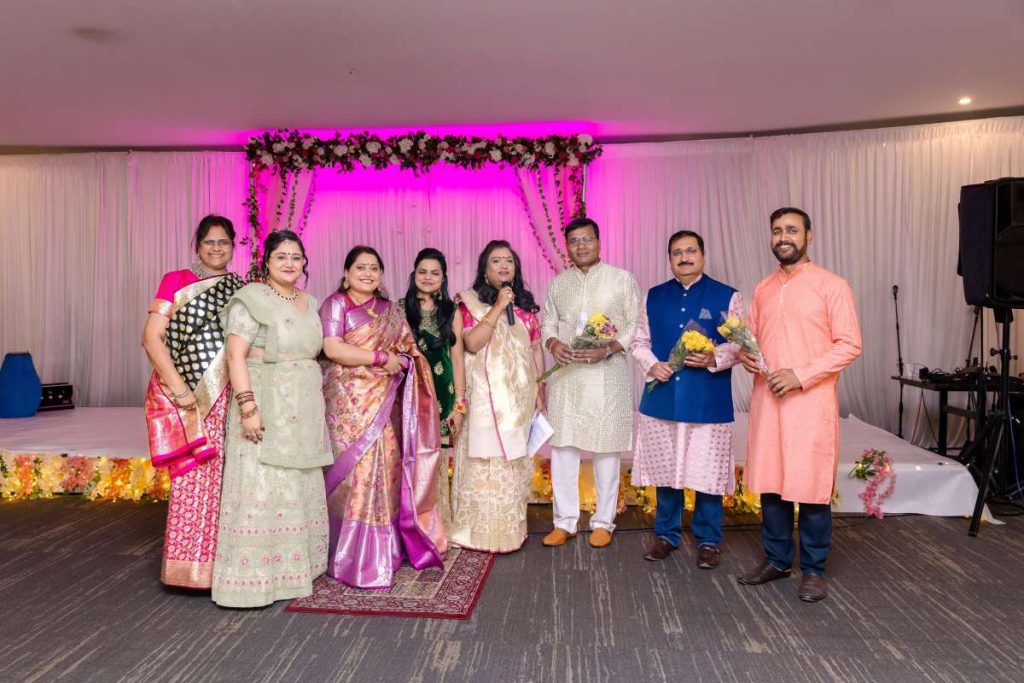Among the rejections, the nomination of BSP candidate Chhotalal Gangwar stood out due to its incomplete nature…reports Asian Lite News
After a rigorous scrutiny process for the upcoming Lok Sabha elections in Uttar Pradesh, out of the 182 candidates who filed nominations across 10 constituencies in the third phase, the papers of 104 individuals were deemed valid, while 78 nominations faced rejection, a senior official from the Election Commission has said.
Among the rejections, the nomination of BSP candidate Chhotalal Gangwar stood out due to its incomplete nature, as observed by the Returning Officer of Bareilly Lok Sabha constituency, Ravindra Kumar.
The constituencies slated for voting in this phase include Sambhal, Hathras, Agra, Fatehpur Sikri, Firozabad, Mainpuri, Etah, Budaun, Amla, and Bareilly. The process of filing nominations commenced on April 12, with scrutiny taking place recently, indicating the intensification of electoral activities as the polling date approaches.
The rejection of nominations, while disappointing for the candidates affected, underscores the significance of complying with electoral regulations. Incomplete nominations, as in the case of Chhotalal Gangwar, highlight the importance of attention to detail in the paperwork required for candidacy.
Notable candidates vying for seats in this phase include Union Minister and BJP candidate SP Baghel from Agra and Samajwadi Party candidate Dimple Yadav from Mainpuri. Their participation adds to the political fervor surrounding these constituencies and amplifies the stakes involved in the electoral contest.
Uttar Pradesh Chief Electoral Officer (CEO) Navdeep Rinwa provided insights into the nomination process, revealing that while 182 candidates filed nominations, 104 were deemed valid after scrutiny. This scrutiny process ensures the integrity of the electoral process by vetting candidates’ eligibility and adherence to legal requirements.
The distribution of valid and rejected nominations varied across constituencies, reflecting the diverse political dynamics at play. For instance, while all 11 nominations in Agra (SC) were deemed valid, nine out of 19 nominations in Fatehpur Sikri faced rejection. Such variations underscore the unique challenges and considerations in each constituency.
Instances of nominations being rejected due to unauthorized representation, as seen in the case of Satyaveer from Aonla Lok Sabha constituency, highlight the importance of adhering to party protocols and ensuring proper authorization before filing nominations.
Rajnath to file nomination from Lucknow
Defence Minister Rajnath Singh will file his nomination for the Lucknow Lok Sabha seat on April 29, BJP sources said.
Lucknow BJP Chief Anand Dwivedi said Rajnath Singh will proceed to file his nomination papers from the Uttar Pradesh BJP office opposite the Vidhan Sabha.
“From there, he would proceed on a motorised chariot to the collectorate to file his nomination along with Ministers, Mayor, senior party functionaries, and others,” Dwivedi added.
Rajnath Singh is seeking a third consecutive term as a Lok Sabha MP from Lucknow.
Before contesting his first election from Lucknow in 2014, Rajnath had won the Lok Sabha polls from Ghaziabad in 2009.
At that time, former Governor, the late Lalji Tandon, was the Lucknow MP after former Prime Minister Atal Bihari Vajpayee bowed out of electoral politics after serving as Lucknow MP for five consecutive terms.
Dwivedi also said that on April 26, O.P. Srivastava, the BJP candidate for Lucknow (East) Assembly bypolls, would file his nomination.
The bypoll to the seat, polling for which would also be held on May 20, was necessitated due to the demise of sitting lawmaker Ashutosh Tandon Gopal.
Lucknow will go to polls along with 13 other constituencies on May 20 in the fifth of the seven-phased 2024 Lok Sabha polls.
BJP’s film flopped on opening day, says Akhilesh
During a spirited address at an election rally, Samajwadi Party (SP) president Akhilesh Yadav made scathing remarks against the BJP, claiming that the first phase of polling had shifted the political landscape in Uttar Pradesh.
“The wind has changed. It’s not only that their film has flopped, but also no one wants to listen to their repeated story. No one wants to give them their vote,” Yadav said, addressing an election rally seeking support for the SP and INDIA bloc candidate Sunita Verma.
He dismissed the BJP’s electoral narrative as stale and reiterated that the electorate was disenchanted with their repetitive storyline, signaling a lack of support for the ruling party.
Yadav, while seeking support for SP and INDIA bloc candidate Sunita Verma, emphasized the failure of the BJP’s governance, particularly highlighting the leakage of examination papers under their watch. He portrayed the BJP’s missteps as emblematic of their broader incompetence and inability to deliver on their promises.
Responding to a query regarding BJP Lok Sabha candidate Arun Govil, Yadav humorously remarked that Meerut residents would bid him farewell, alluding to the constituency’s revolutionary spirit and urging voters to reject the BJP’s influence.
Critiquing Prime Minister Modi’s recent assurances, Yadav characterized them as deceptive tactics aimed at misleading the public. He contrasted these superficial guarantees with the foundational principles enshrined in the Constitution, emphasizing the importance of constitutional safeguards in securing dignity, employment, and reservation rights.
Yadav further lambasted the BJP, denouncing it as a haven for corrupt elements and alleging its exploitation of institutions like the Enforcement Directorate (ED) and the Central Bureau of Investigation (CBI) for personal gain. He underscored the significance of the PDA coalition, comprising marginalized communities such as the Pichda (backward), Dalit, and Alpsankhyak (minority), portraying it as a formidable force capable of effecting meaningful change.
In his critique of the BJP’s electoral promises, particularly regarding farmers’ income doubling and job creation, Yadav dismissed them as empty rhetoric devoid of substance. He positioned the SP and its allies as the true champions of the people’s interests, contrasting their commitment to social justice and inclusive governance with the BJP’s purportedly hollow assurances.
Overall, Yadav’s address reflected a blend of political acumen and rhetorical flair, as he sought to galvanize support for his party while dismantling the BJP’s narrative and highlighting its alleged failures and shortcomings.

